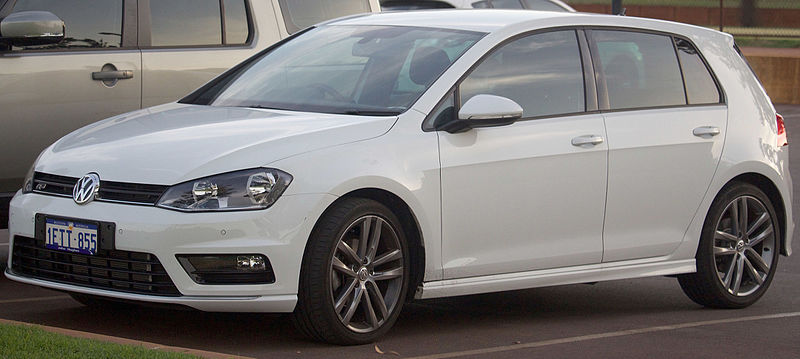Volkswagen may have to step up its strategies for mass production of electric vehicles in order to satisfy tougher-than-expected European targets to slash greenhouse emissions from vehicles, its chief executive stated on Tuesday.
The remarks came following the European Union agreed to curb CO2 emissions from vehicles by 37.5 percent by 2030, and follow warnings from Germany, home to the bloc’s biggest automotive industry, that difficult targets could cost jobs and damage the sector.
This is over the 30 percent Volkswagen (VW), still reeling from an emissions cheating scandal, anticipated and would translate into a share for electric vehicles of over 40 percent of its anticipated overall vehicle sales in 2030, CEO Herbert Diess stated.
“This means that our planned restructuring programme, which is required to address this systemic change, is not yet sufficient.”
German Economy Minister Peter Altmaier stated the targets were at the limit of what was technically and financially feasible. Around 436,000 industrial jobs in Germany are tied to constructed petrol and diesel engined vehicles.
“This is a difficult stretch and is at the higher end of expectations – however, we are convinced that this will support the industry to finally accept that combustion engines and platforms need to be standardized,” Evercore ISI analysts wrote.
Volkswagen has earmarked about 30 billion euros ($34 billion) for the upcoming five years to make sure it can accomplish CO2 cuts of 30 percent by retooling its production process to concentrate more on electric vehicles.


